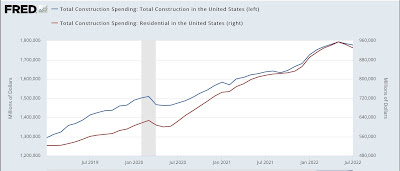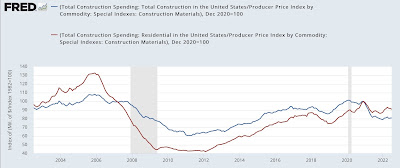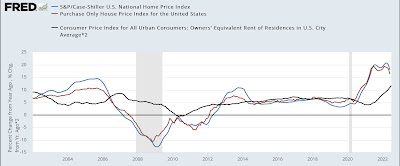But the Judge’s Order nowhere limits the proposed special master to attorney-client issues. The relevant sentence reads:
“the Court hereby provides notice of its preliminary intent that it intends to appoint a special master in this case.”
If the Court had intended to limit the scope of a special master’s review to attorney-client issues, as Kerr and Popehat seemed to think, it could have specified so. It did not. And Trump clearly wants the purported issue of “executive privilege” visited as well.
In short, a telling omission.
3. Why did the DoJ issue its response in two parts?
I think the DoJ team assigned to this case was at least as smart as I am, and figured out the same things I lay out above (and a lot more of course).
If I were the DoJ, faced with the above, given the emergency deadlines, I would have appointed two teams to draft two different sort of responses: (1) a more milquetoast, courteous response targeted at attorney-client privilege; and (2) a planet-killing space lasers response blasting all of the reasonably possible deficiencies in both Trump’s pleading, and the Judge’s proposed order.
Monday morning’s filing was on the order of version (1) above. I think it was a test. If the Judge really did just intend to limit the special master to attorney-client privilege, and not upend the entire DoJ investigation for reasons she considered emergent, this was her opportunity to either withdraw her original order as moot, or to grant more time to fully brief the issue. Certainly she hadn’t worried about procedural niceties on Saturday; why not give her the same opportunity on Monday?
When the Judge did not respond to the first brief, the DoJ followed up with a motion to allow an extra-long (planet-killing laser cannon) second brief. Again, the judge could have extended the briefing schedule (since attorney-client matters appear to be moot). She didn’t.
AT this point the DoJ had to figure that it was looking at a worst case scenario in terms of the ruling that the judge intended to make. So the DoJ filed a (probably toned down and a little more polite) final version of its planet-killing space laser brief Tuesday night.
A few closeting comments.
4. A petition to intervene amicus curiae was filed by a number of prominent criminal attorneys. The court may not grant the petition, but it itself is noteworthy for the legal broadsides it fires at both Trump’s attorneys and the judge.
The movants - all prominent members of former GOP Administrations write in part:
“ First, the relief sought is unprecedented. The former President has not cited—and Amici are not aware of—any precedent involving the appointment of a special master to adjudicate a claim of executive privilege (as opposed to attorney-client privilege)…
“ Second, Congress has established a specific procedure, set out in the Presidential Records Act (“PRA”), through which a former president may challenge a sitting president’s invocations of (or refusals to assert) executive privilege…. including the requirement that any challenge by a former president to the Executive Branch’s rejection of his claim of privilege be brought in the jurisdiction available under the PRA, the United States District Court for the District of Columbia…. [This] court [ ] is statutorily precluded from hearing the matter.
“ Third, the appointment of a special master to adjudicate the claims of executive privilege would be a waste of time because the claim of executive privilege against the Executive Branch in this case is manifestly frivolous.… it is abundantly clear that the Executive Branch, including the President and the Acting Archivist of the United States, have determined that the records at issue should be reviewed by the U.S. Department of Justice (“DOJ”) and the Federal Bureau of Investigation.“
Shorter version: “Judge, if you do what you apparently are planning to do, you will be expressly and flagrantly violating statutes and rules governing the judiciary, Expect to be mercilessly shot down on appeal.”
5. I think the DoJ would have preferred *not* to publish the photo of classified documents which has gotten so much publicity today. Even the limited information disclosed - most importantly, the dates of the documents, in conjunction with the type of information they cover - gives US adversaries a glimpse of how close in time to certain events the US had important information about them, and the means by which it gained that intelligence.
I think the inclusion of this document is a figurative slap across the face of Judge Cannon, warning her graphically about how egregious and blatant Trump’s violations were, and whether she tacitly approves of this behavior by interfering with the Intelligence Services processing of damage potentially done by Trump’s potential use of this material, found not coincidentally in a desk drawer with his passports.
6. Despite how devastating the DoJ response apparently is, it is important to remember that this judge, on Friday, publicly declared that she had made up her mind on an issue before the other party had an opportunity to respond to the request, without even proper service on the defendant, without asking for any sworn factual assertions by the plaintiff, and to provide information to her about, inter alia, highly classified documents that goes beyond normal search warrant practice.
There is no substantial reason to believe that she will change the conclusion she obviously arrived at last week. So prepare for the judge to completely disregard the information put forward by the DoJ, and issue an unprecedented, broad, and novel ruling.














